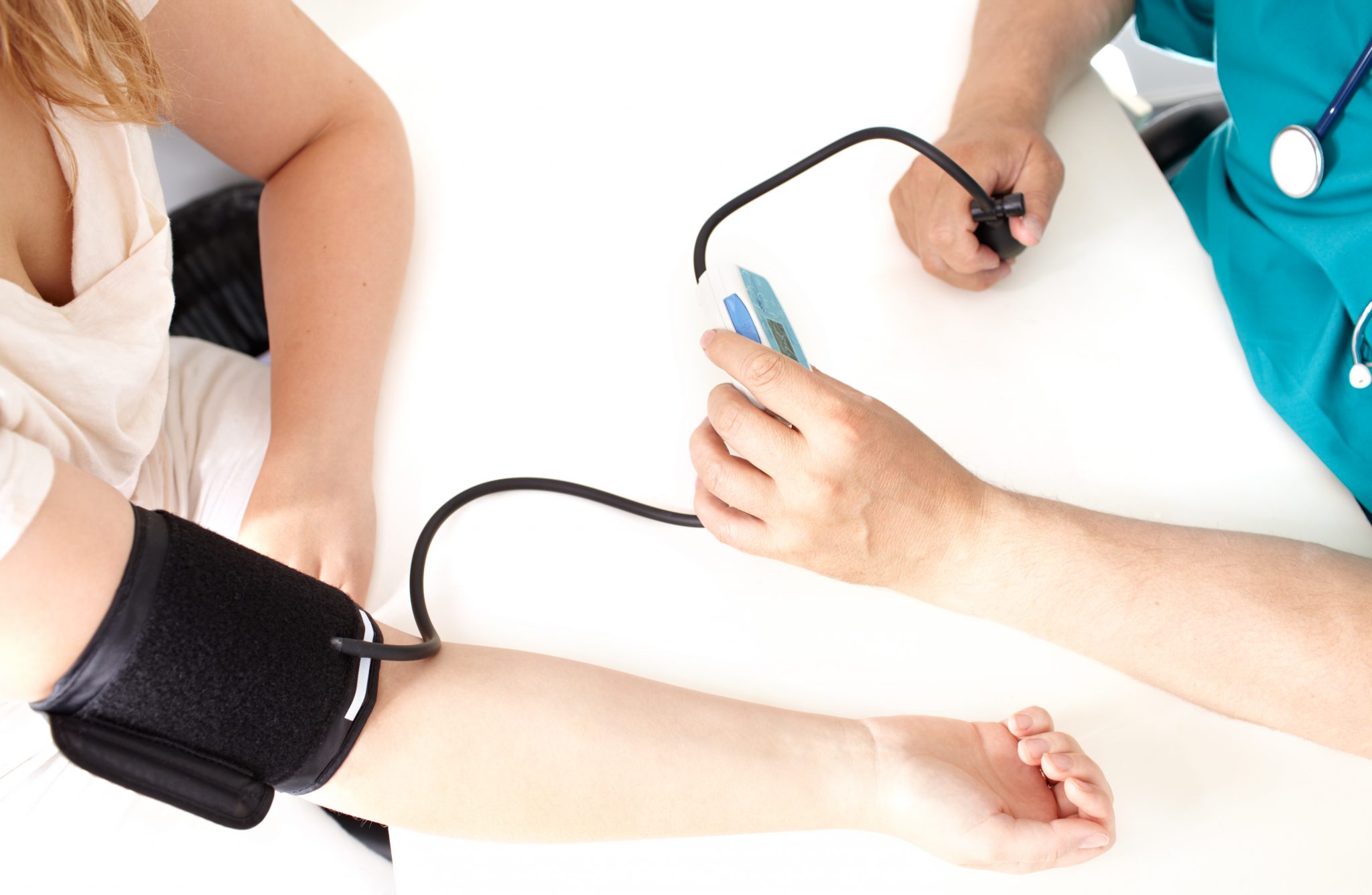Signs of A Heart Attack: What To Watch Out For
A heart attack happens when the blood to your heart gets blocked. The blood flow blockage usually occurs as a result of fat, cholesterol, and other substances. These cause a “plaque” in the arteries that lead up to your heart. They are primarily known as coronary arteries.
When the plaque breaks up in these coronary arteries, it forms into a clot. This clot then leads to an interruption in the flow of blood to your heart; thus, leading to a damaged heart muscle.
Heart attacks are also known as myocardial infarction. Although heart attacks can be extremely dangerous and life-threatening, treatment has improved over the years.
You should immediately call or go to your nearest hospital in case of such an emergency.
Symptoms
Some signs of a heart attack include:
- Lightheadedness
- Sudden unexplained dizziness
- Fatigue
- Cold sweating
- Shortness of breath
- Nausea
- Indigestion
- Heartburn
- Abdominal pain
- Pressure in your chest
- Chest pain
Heart Attack – Risk Factors
The risk factors of a heart attack include:
· Age
Men aged 45 and above and women aged 55 and above have increased chances of having a heart attack. Hence, it is said to take a proper diet, exercise regularly, and keep yourself fit.
· Tobacco
Smoking or exposure to harmful smoke fumes increases your chances of having a heart attack. Thus, one should avoid such activities.
· High blood pressure
An extremely common cause of heart attacks is high blood pressure. With time, high blood pressure can lead to damaged arteries which in turn would affect your heart’s health negatively.
· High blood cholesterol
A high level of cholesterol can narrow the arteries. This can disrupt the flow of blood to your heart, thus, leading to a heart attack.
· Obesity
This is linked to high cholesterol levels, high blood pressure, and diabetes. Reducing your body’s weight by 10% can lower the chances of having a heart attack.
· Diabetes
If your body does not produce sufficient insulin or does not respond to your body’s intake of insulin, blood sugar levels in your body start to rise. Hence, this increases the risk of having a heart attack.
· Metabolic syndrome
This is a state which occurs when you are obese, suffering from high blood pressure, or have high blood sugar, or all three. Individuals with metabolic syndrome are twice at the risk of having a heart attack.
· Family history
People with a family history of coronary problems are more likely to suffer from a heart attack.
· Lack of physical activity
Inactivity can increase blood sugar levels in your body. Thus, it is extremely crucial to exercise regularly as it lowers the chances of having a heart attack.
· Stress
Some individuals get so affected by certain things that their heart’s health starts being affected in a negative way.
Complications Associated with a Heart Attack
These include:
- Abnormal heart rhythms
- Heart failure
- Sudden cardiac arrest
Signs of a Heart Attack
The following are 11 signs of a heart attack that you should not ignore. These include:
1. Chest discomfort
This is a common sign of a heart attack. If you feel any tightness or pain in your chest, immediately seek medical attention.
2. Nausea
Nausea is usually associated with indigestion, heartburn, or stomach pain.
3. Pain that spreads to the arm
Heart attack pain is felt on the left side of your body. If you experience any such signs, then immediately call your doctor.
4. Dizziness or lightheadedness
If you have unexplained dizziness and are also feeling faint at the same time, then it may the sign of a heart attack. Other signs of a heart attack in such a situation include shortness of breath, chest tightness, or chest pain.
5. Throat or jaw pain
If you experience any kind of pain, pressure, or discomfort in your chest that leads up to your throat and jaw, it may be the sign of a heart attack.
6. Easily exhausted
If you have unexplained tiredness or feel fatigued after performing an activity that you had no problem doing in the past, it may mean that you are having a heart attack.
7. Snoring
Loud snoring that resembles a gasping or choking sound may be a sign of sleep apnea. This situation refers to when a person stops breathing for brief intervals at night while they sleep. This puts stress upon your heart, leading up to a heart attack.
8. Sweating
Having cold sweats may be a sure sign of a heart attack. You should immediately seek medical advice in such a situation.
9. Excessive coughing
If you know you have a heart problem, then pay close attention to the fact if you are coughing more than usual. This may be the sign of an upcoming heart attack.
10. Irregular heartbeat
If you have an irregular heart rate often, contact your doctor.
11. Swollen legs, feet, and ankles
Swollen parts can mean that your heart is not pumping blood as it should, and neither is it pumping blood in the quantity required.
Heart Attack – Prevention
- Take your prescribed medication properly.
- Improve your lifestyle.
- Exercise regularly.
- Consume a healthy diet.
- Avoid smoking.
- Avoid excessive alcohol consumption.
- Maintain your weight.
- Learn to manage your stress.
- Get yourself checked up regularly.
Foods to Avoid
- Sugar
- Bacon
- Red meat
- Soda
- Baked goods
- Processed meats
- White rice
- Bread
- Pasta
This is not a complete list. Also, this is not the case that you absolutely cannot eat all these foods. But, the fact is that you have to bring a balance to your diet. You should consult your doctor for more information.
The Final Verdict
Conclusively, one should always try to keep oneself healthy. No one can say when a certain person may become sick or develop heart disease. But, one thing is for sure that we can prevent such happenings by taking proper care of our diet and exercising regularly.
Heart attacks are a serious problem. They can even be life-threatening. We urge our readers to take out time and read through our informative article and maintain a close watch on their health.





